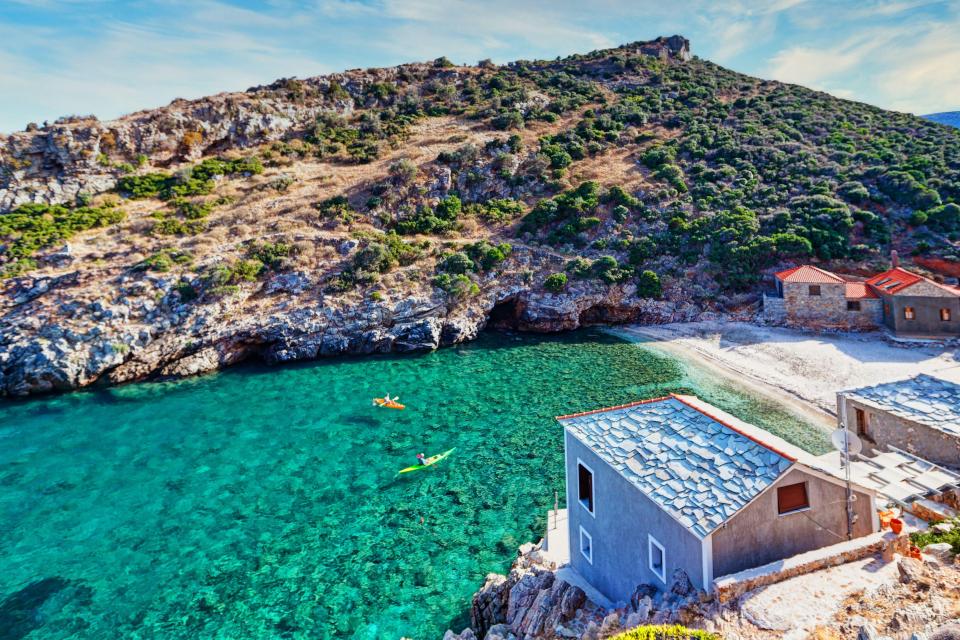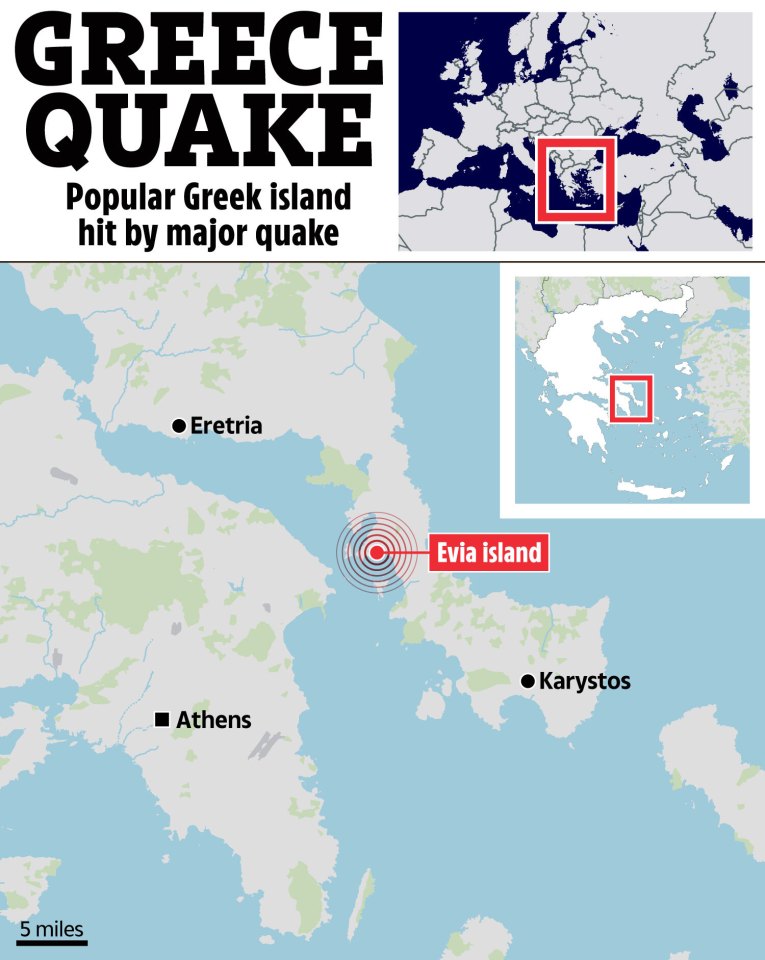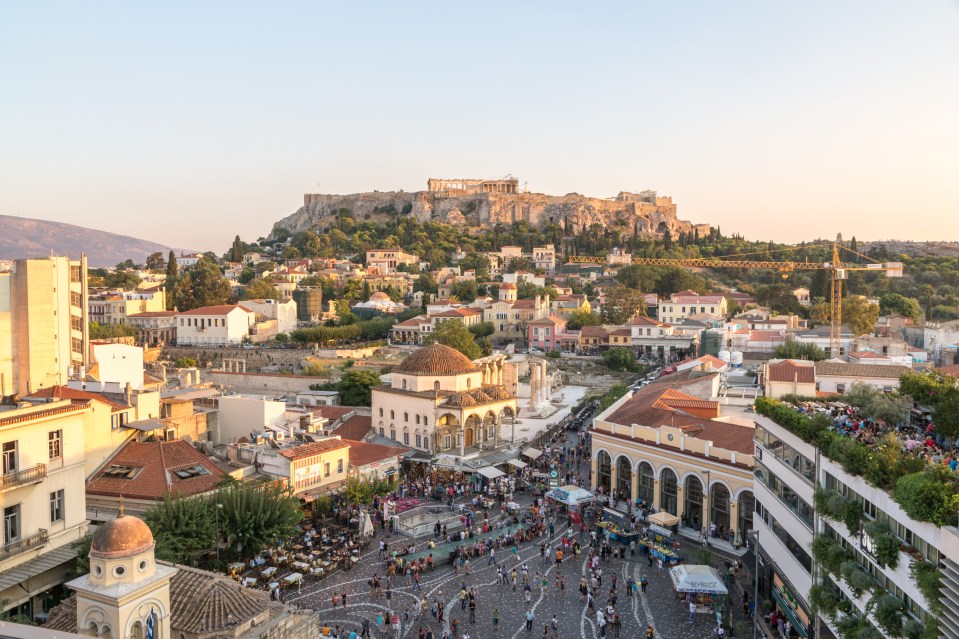A 5.2-MAGNITUDE earthquake has rattled Athens and surrounding areas.
The powerful quake struck just off the coast of Evia – Greece’s second-largest island – and was strongly felt in the capital in the early hours of Tuesday morning.
The quake measured 5.2 in magnitude and struck at a depth of just 1.4 miles, according to the Athens Geodynamic Institute.
It hit Evia – 31 miles northeast of Athens – just before 12.30am local time.
A smaller aftershock struck about 15 minutes later, registering 2.5 on the Richter scale.
Stergios Tsirkas, Mayor of Marathonas – a town on the mainland coast opposite Evia – said the tremor “was very intense”, reports Greek public broadcaster ERT.
President of Greece’s Earthquake Planning and Protection Organisation, Efthimis Lekkas, told the broadcaster: “This is an aseismic area. It is a fault that does not produce large earthquakes.”
He added: “At the moment we are evaluating all the data in order to have more certain information and estimates.”
Lekkas also said it’s likely there will be aftershocks overnight, ranging between magnitude 4 and 4.5 on the Richter scale.
“We have deployed vehicles to eastern Attica and southern Evia,” said Minister of Civil Protection Yiannis Kefalogiannis.
A shocking video shows ERT journalists live on air as they noticed the cameras shaking and felt the ground move beneath them.
They immediately said: “A strong earthquake is currently underway and continues.”
There are no reports of damage or injuries so far, except for a store window broken at a beach in Nea Styra, Evia.
It comes after a magnitude 6.3 earthquake hit Crete island in May, triggering a tsunami warning for residents.
The quake, which struck at a depth of 39 miles, according to the Geodynamic Institute of Athens, was strongly felt in Crete and Rhodes.
Earlier this year, the island of Santorini was rocked by earthquakes, with over 20,000 tremors recorded between January 26 and February 22.
At the time, the country declared a state of emergency, leading to the evacuation of more than 10,000 residents and workers.
Luckily, no major damage was reported on the island.
Like its neighbour Turkey, Greece is one of the world’s most earthquake-prone countries, rattled by around 25,000 quakes every year.
That’s because it sits along huge fault lines, including the Hellenic subduction zone, where the African tectonic plate is being pushed beneath the small Aegean Sea plate.















